Let's Connect
Our friendly and educated team is here to partner with you every step of the way. Connect today to learn of all the ways to partner with The Common Market.
Delivering local food for the common good.
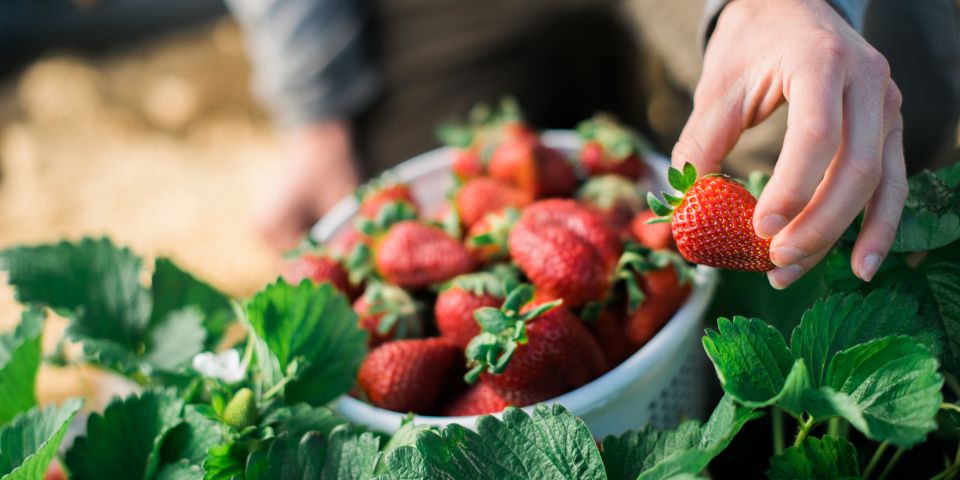
The Common Market is a nonprofit regional food distributor on a mission to connect urban communities with local food from sustainable family farms. We do this by:
We strive to improve food security, farm viability, and community and ecological health across the country.
The Common Market currently has hubs in four regions: the Mid-Atlantic, Southeast, Texas, and Great Lakes. Each location operates independently, managing its own infrastructure and local staff. “The Commons,” our centralized location, provides support across the organization. We are actively expanding to other U.S. regions to build a nation of vibrant regional food systems!
Since 2008, The Common Market has been building relationships, strengthening regional food systems, and connecting urban and rural communities. Last year, our impact included:
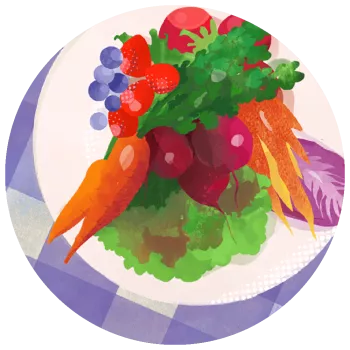

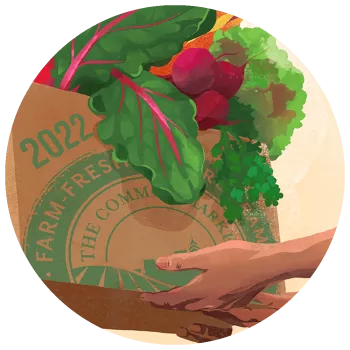
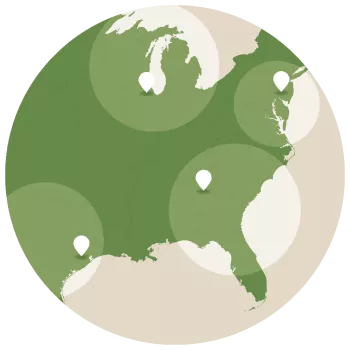
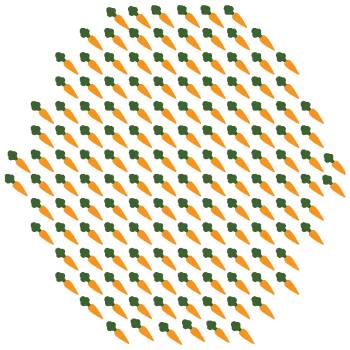
The Common Market model supports robust regional food systems. We collaborate with both farmers and customers from procurement through delivery. Alongside our partners, we increase access to healthy food, improve health in vulnerable communities, support family farms, and expand ecological agriculture.
Resilient supply chains are our first priority. We provide farmers with technical assistance, support to scale up, fair pricing and more. Our staff and partners follow industry standards for food safety and handling. We create infrastructure for efficient aggregation and distribution.
We aggregate local products from multiple sources then deliver them to local anchor institutions serving communities in need. We collaborate with national food service companies and independent institutions to create avenues for easy wholesale distribution of sustainable, local food.
Beyond procurement support for individual institutions, we collaborate with organizations and government agencies to improve community healthy, local sourcing, and equitable regional economies. Our work with these partners and alongside our funders has positioned us as leaders in developing values-based institutional procurement practices and policy.
Our partnerships with anchor institutions allow us to provide healthy food in areas where access can be limited. We prioritize wholesale and Farm Fresh Box Program distribution to communities most at risk of diet-related and chronic disease as a way to increase positive health outcomes.
As a young married couple, Haile Johnston and Tatiana Garcia-Granados moved to Philadelphia’s historic Strawberry Mansion neighborhood in 2003. At the time Haile and Tatiana settled in, families of means had moved out. While the culture remained, the lives of everyday people were impacted by blight, vacancy and poverty.
Working as part of a neighborhood community development organization, they engaged young people in projects to beautify the neighborhood’s vacant lots – cleaning up, planting flowers and growing vegetables.
A field trip with their team led to an a-ha moment that changed their futures.
“By chance we stumbled upon a big agricultural auction about an hour away in a rural area,” Tatiana remembers. “And while we were there, we realized it’s not just communities like ours that are disconnected from healthy food. There are all these small family farmers who don’t have access to markets – they’re at the mercy of this auction system.”
Recognizing the disconnect between these two communities was the starting point for The Common Market – bringing local produce from small farms to communities like theirs.
In 2008, they formally started their nonprofit, a food distributor that would transcend the word vendor, working to support and develop sustainable family farms while providing food access to vulnerable communities through the institutions that served them.
-story excerpt by Kari Carlson for W.K. Kellogg Foundation, 2020 report
Tatiana Garcia Granados is a prominent social entrepreneur based in Philadelphia, known for her transformative work in food system connectivity. Originally from Guatemala, Tatiana spent her childhood on her father's farm before moving to the United States. She later met her husband, Haile Johnston, and together they co-founded The Common Market to increase access to healthy food in their community.
Tatiana holds an MBA from the Wharton School of Business at the University of Pennsylvania. Early in her career, she worked with migrant workers in Central Florida, gaining valuable insights into the complexities of the food system. This experience and her academic background enabled her to tackle food access issues effectively and drive meaningful change.
Under Tatiana's leadership, The Common Market has implemented efficient operational systems and stringent food safety regulations contributing to growth and impact. In addition to her role at The Common Market, Tatiana has also been recognized as an Eisenhower Fellow and an Environmental Leadership Program Fellow, underscoring her impact on social entrepreneurship and community development.
Haile Johnston is a Philadelphia-based father and social entrepreneur who works to improve the vitality of rural and urban communities through food systems reform. Along with his wife Tatiana, he serves as co-Chief Executive Officer and a founder of The Common Market. Haile presently serves as The Common Market Mid-Atlantic's interim Executive Director.
Haile is a graduate of the University of Pennsylvania’s Wharton School of Business, where he concentrated on entrepreneurial management. He has been a Kellogg Food and Community Fellow and a Draper Richards Kaplan Foundation Entrepreneur and has served on the boards of the National Farm to School Network, the Castanea Fellowship, the Jessie Smith Noyes Foundation, and the Growing Justice Fund, among other notable organizations.
From July 2008 to March 2012, Johnston worked on progressive leadership development in Pennsylvania as the State Director at the Center for Progressive Leadership.
Under Haile Johnston's leadership in development and fundraising, The Common Market has secured vital resources to expand its impact, investing in small to midscale family farms and enabling the organization to scale operations, strengthen local food systems, and reach more communities with fresh, healthy food.
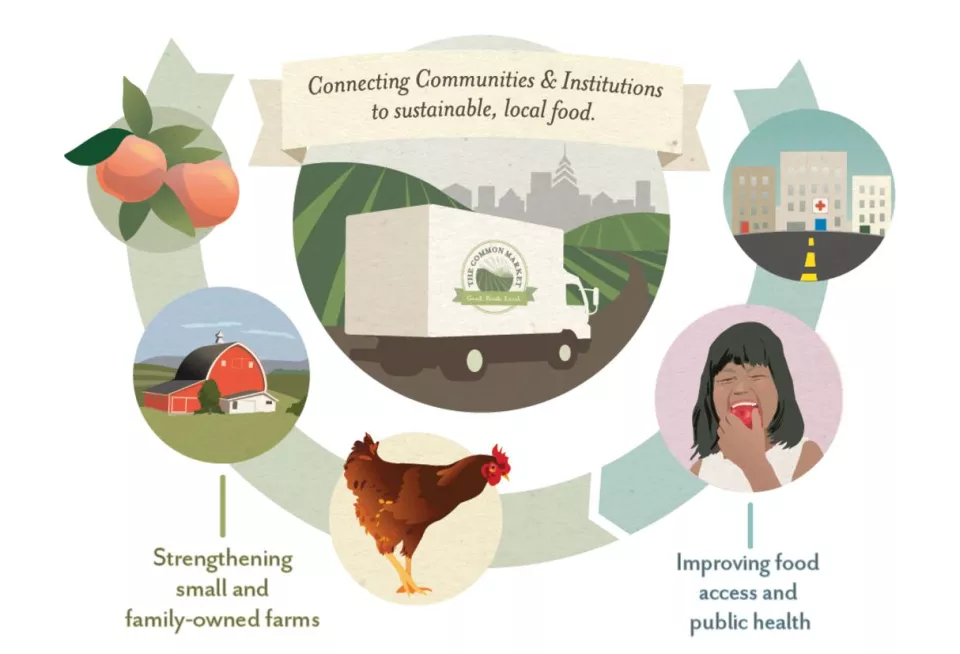
Our friendly and educated team is here to partner with you every step of the way. Connect today to learn of all the ways to partner with The Common Market.
We value our relationship with the Common Market and their services to source local, fresh, and quality produce and food to GT Dining Services. Doing this allows us to contribute to the economic development of communities and sustainable farms in the Southeast.
— Jonathan M Elwell, Campus Executive Chef, Georgia Institute of Technology